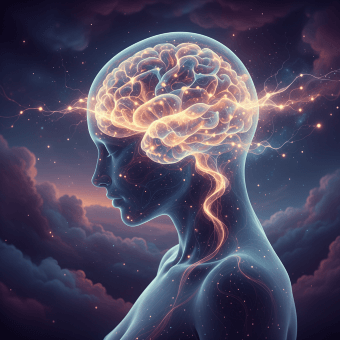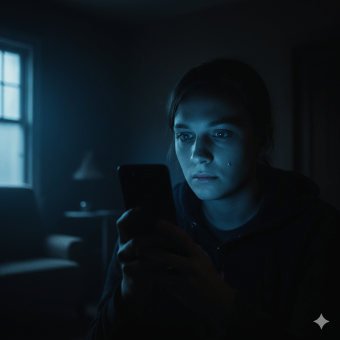When AI Chatbots Become Too Real
As a licensed therapist specializing in trauma recovery and helping people reclaim their sense of reality after coercive control, I've been watching a disturbing trend unfold. People are developing what mental health professionals are now calling "AI psychosis"—a state where heavy reliance on AI chatbots blurs the line between what's real and what's artificially generated.
This isn't a far-fetched scenario. It's happening right now to everyday people who started using AI chatbots for innocent reasons—help with work, creative projects, or simply someone to talk to when they felt alone.
Key Takeaway: "AI psychosis" describes a state where heavy reliance on AI blurs the line between reality and artificial generation, affecting individuals who initially sought AI for benign purposes.
What Is AI Psychosis?
AI psychosis refers to a psychological state where heavy reliance on AI chatbots causes confusion between reality and artificially generated content. Users may begin to believe the AI has genuine feelings, consciousness, or special insight into their lives—losing the ability to distinguish between human connection and algorithmic pattern-matching.
